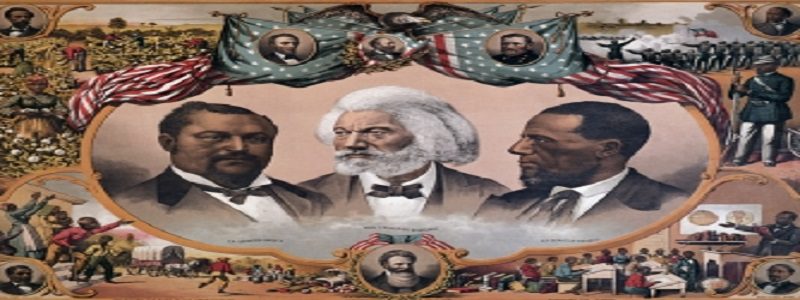SPAR Debate: A Format for Rigorous, Real, Ready-to-Go Debating in Class
Overview
SPAR Debate is an excellent way to introduce students to debating in the classroom. It’s an activity for getting students initially exposed to debating, but also for isolating and introducing the key elements of academic argumentation.
SPAR is short for Spontaneous Argumentation debates. The term connotes, too, some of the jousting and practicing that we think of as “sparring.” SPAR Debate can be used with minimal research, and is therefore a very good format for getting students up and arguing. SPAR Debate can be used with academic issues, as a way to begin to immerse students in curricular content, or with non-academic (“fun”) issues, as a way to focus on debating format and individual argumentation skills.
Playing Political Pundit: The 2016 Presidential Debates Analytic Evaluator Activity
Overview
The presidential debates between Hillary Clinton and Donald Trump are lining up to be intensely dramatic, very extensively watched, and highly consequential to the outcome of the race. It might be that 100 million Americans view these debates – on September 26th, October 9th, and October 19th. Almost every one of past presidential elections in the modern era feature memorable (even unforgettable) moments produced by the debates: in the Clinton v. Trump debates history will inevitably be made, and the results of the election may be determined.
Video in on Table Debates on the Reconstruction Era, Part 2
This video-based isolation and analysis of six elements essential to the effective performance and implementation of classroom debating picks up from the prior Debatifier post (part 1), which covered three of the six:
1 . Organized, discrete argumentative claims
2 . Authoritative administration of simultaneous debating
3 . Responsive refutation
Video in on Table Debates on the Reconstruction Era, Part 1
Oftentimes, the best way to investigate a teaching method or pedagogical approach is visual, via video.
The Helen C. Peirce School of International Studies, a K – 8 school in Chicago’s Edgewater neighborhood, conducted an ACE-supported argument-based project on the Reconstruction Era (1865 – 1877), following the Civil War, in their 7th grade Humanities classrooms last spring. Thanks to the immersive-learning and naturally-skilled guidance of lead teachers Ryan Lambert and Tiffany Brugman, the unit culminated in a series of very successful classroom debates. The issue that organized unit content instruction, and that formed the basis for the classes’ argumentation, was this:
Did the Reconstruction Era move African-Americans substantially closer to obtaining equal rights and freedoms?
Argument Pedagogy and the Boomerang Effect, Part 2
By Gordon Mitchell, Ph.D.
Part one of this blog post explored how recent social psychology research on “motivated reasoning” troubles key premises underlying traditional argument pedagogy. In particular, the “boomerang effect,” documented by Lewandowsky and colleagues, occurs when deployment of certain argument strategies causes interlocutors to recoil and cling even more tightly to their settled views. The Lewandowsky group recommends several “debiasing” strategies that may help arguers mitigate boomerang effects.






